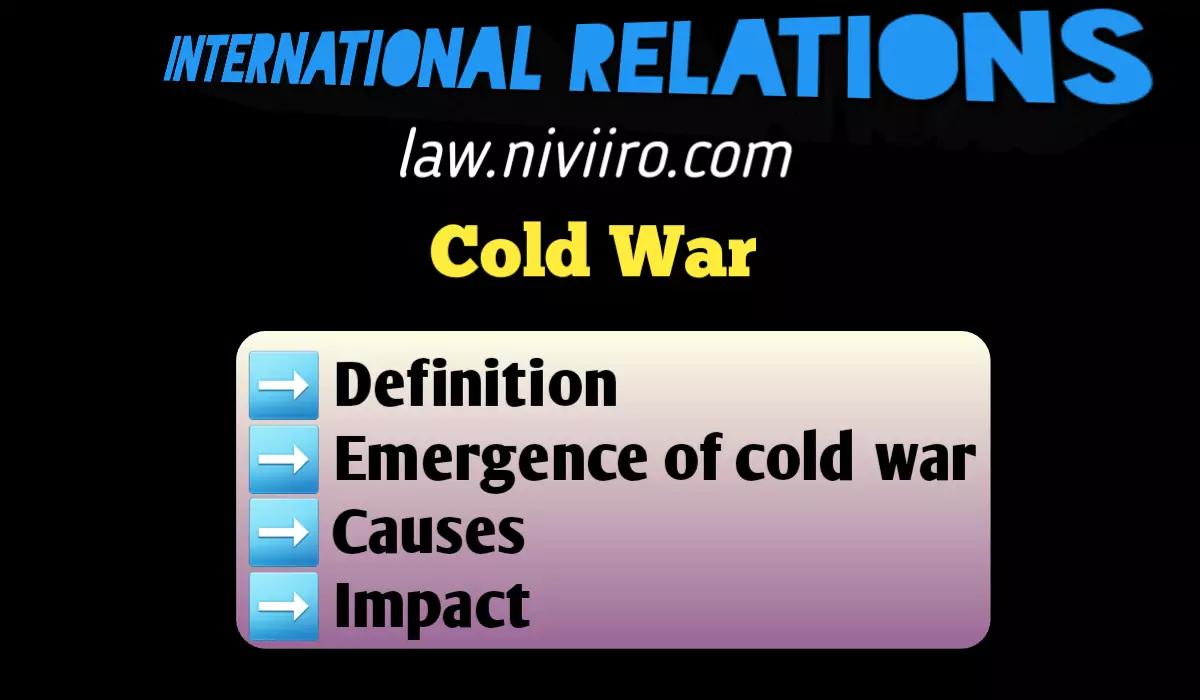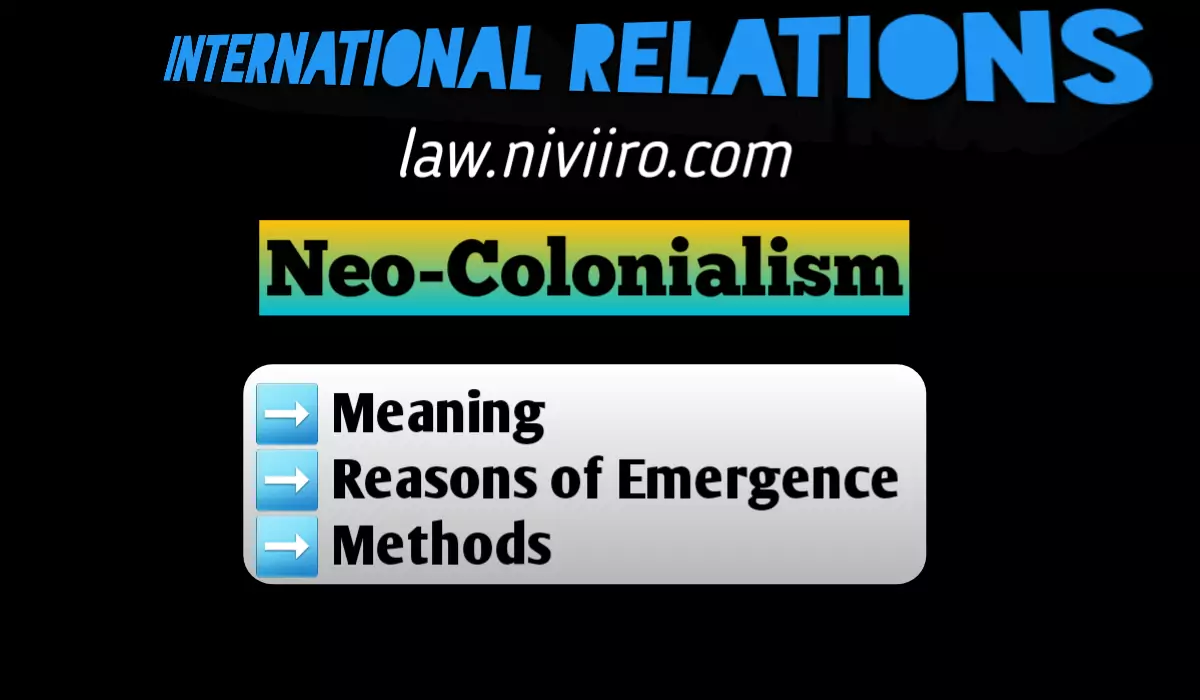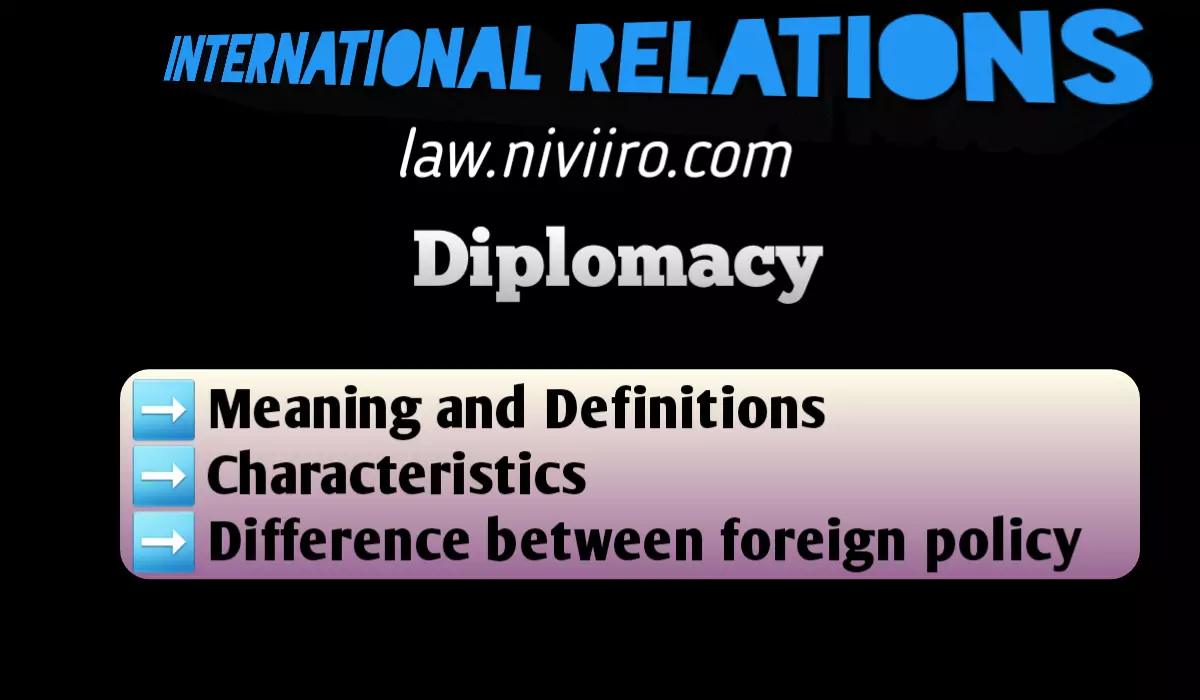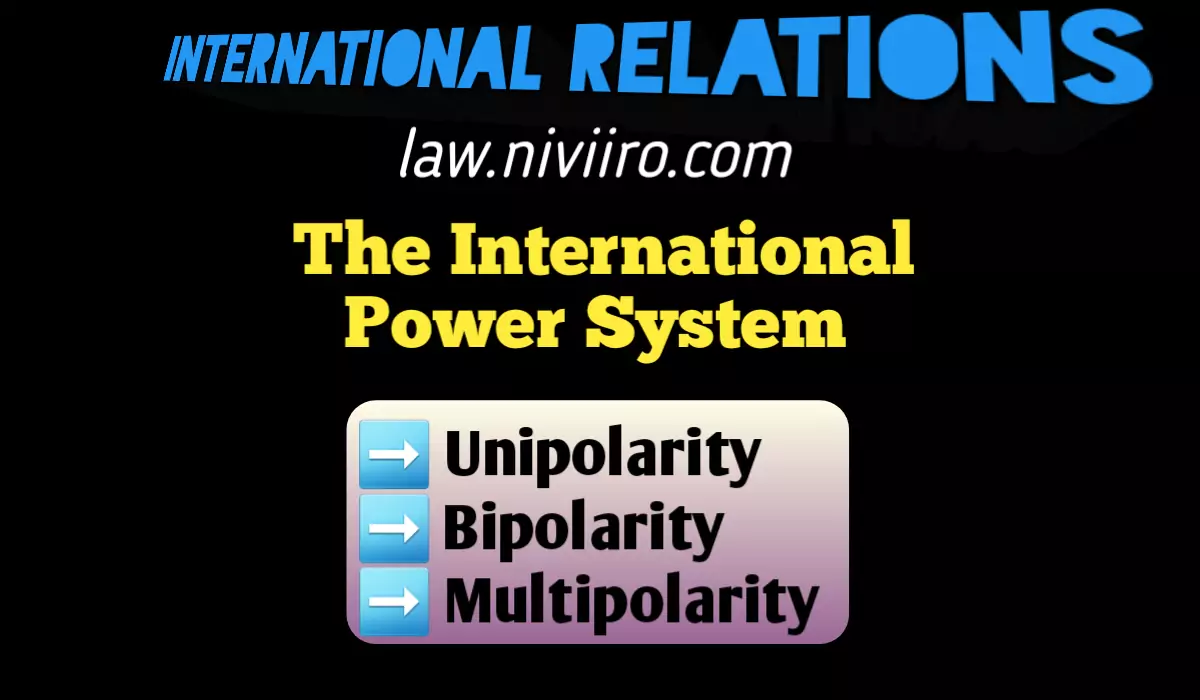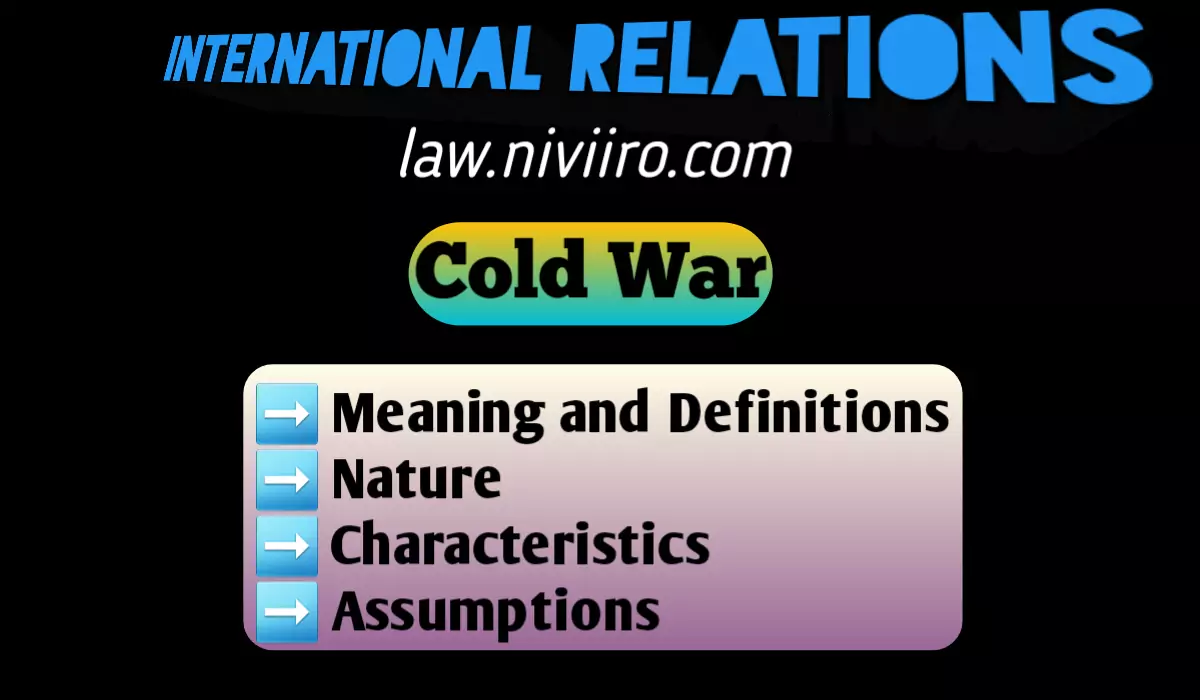From the end of World War II in 1945 until the Soviet Union’s collapse in 1991, there was geopolitical tension between the United States and its NATO allies and the Soviet Union and its allies.
Definitions of Cold War
According to Phillip Windsor, “In a sense, indeed, the Cold War began in 1939, when the prospect of a war involving Germany and all the major European powers determined the Nazi-Soviet Pact.’
George Kennon, American Ambassador in Moscow, urged the United States to adopt a firm policy towards the Soviet Union through a secret cablegram in February, 1946.
Desmond Donnelly claims that the power struggle in Central Asia between opposing imperialisms of Britain and Russia in the 19th century was to blame for “the emergence of Cold War.” Some academics date the Cold War to the 1917 Bolshevik Revolution. Even Frederick L. Schuman expressed his opinion, saying, “At any rate, what we have long referred to as the ‘Cold War’ did not begin in 1945.” In a broader sense, it started with the second Russian Revolution of 1917; the Soviet Union and the West were at war within months of Russia’s October Revolution.
According to some official Soviet accounts of the Cold War, Sir Winston Churchill’s speech from March 5, 1946, in which he said “The influence the western democracies will have in advancing the UN Charter’s principles will be enormous, and no one is likely to threaten them if they stand together in strict adherence to those principles. Yet, if they split up or fail to perform their duties, and if these crucial years are allowed to pass us by, then a disaster may well engulf us all.” Although different researchers have varied ideas on when the Cold War began, most of them view its emergence as a phenomena that followed the Second World War.
Causes for the Emergence of Cold War
The main factors which contributed to the rise of Cold War were as follows:
(1) Notwithstanding an agreement with Britain outlining their spheres of influence in the Balkans, the Soviet Union attempted to install communist regimes in the Balkans as well.
(2) The Soviet Union put Turkey under excessive pressure to change the Straits Agreement and made territorial demands.
(3) Moscow gave the communists assistance in overthrowing Greece’s duly elected government, which quickly plunged the nation into civil war.
(4) In contravention of the Yalta Agreement, the Soviet Union attempted to strengthen its influence in Eastern Europe.
(5) The United States and other Western Powers’ refusal to recognise the governments of Bulgaria and Romania
(6) The Soviet Union’s stance towards Germany played a significant role in the Cold War.
(7) In the early years of the UN’s operation, the USSR frequently exercised its veto authority.
(8) The superfluous barriers the Soviet Union erected in the path of peace treaty signing.
(9) The secrecy of atom bomb possession by the USSR.
(10) During the Second World War, the western forces unnecessarily delayed opening the second front, which resulted in losses for the USSR.
(11) Strong critique of the capitalist system and vehement anti-American propaganda.
(12) Churchill’s declaration of anti-communist policy.
(13) Communist Russia’s refusal to send her troops back to Iran.
(14) An abrupt halt to lend-lease assistance.
(15) Russian Cominform was established in opposition to the American Marshall Plan.
The Cold War started in 1945 and ended in 1991 when the USSR was split into 15 independent nations. All these nations have now adopted democracy and capitalism in place of communism. Privatisation took place in state-owned enterprises in these states. Further, the Russian state proposed to join NATO in July, 1994. Thus East-West conflict came to an end with the collapse of the USSR at the end of 1991.
Impact or Effects or Implications of Cold War
(1) The likelihood of reaching the goal of a united world has been hampered by the Cold War. The Super Powers’ mutual competition had reduced the UN to little more than a discussion forum. That made it impossible for some nations to join the UN.
(2) Permanent alliances that are formed well in advance of hostilities have emerged as a result of the Cold War. The Warsaw Pact, SEATO, CENTO, and NATO were also established after the Cold War. The vast majority of nations are covered by this alignment method. As a result, the Cold War had caused the alignment system, which is still being strengthened now.
(3) The Cold War’s phantom had produced a climate of dread psychosis that led to an insane rush to produce nuclear weapons. Both blocs were competing with one another to acquire more advanced nuclear weapons systems before the other.
(4) The global economy has also been impacted by the Cold War. The smaller nations, who are generally poorer and have fewer resources, cannot afford to compete in the armaments race.
(5) It provided small and intermediate powers more leeway in their decision-making. Every group seeks to influence them. It is commonly known that the Afro-Asian countries have clout within the UN.
(6) The Cold War forced both Great States to spend enormous sums of money on highly advanced nuclear weapons. This caused money to be diverted from national development objectives to the development of armaments. Both nations are heavily armed during this procedure.
Causes for ending of Cold War
The causes for the end of the Cold War are as follows:
(1) The economic burden of nuclear weapon competition has gotten out of hand.
(2) It is now more important than ever to establish trade links with the countries of Western Europe. Both sides profited from this.
(3) Conflicts that developed between Russia and China morally weakened the USSR.
(4) The USA’s influence over the states of the West had diminished. Russian influence over eastern states has decreased in a similar manner.
Related Post
- National Power | Definitions | Forms | Methods
- Nature and scope of International Relations
- Emerging trends in international relations
- Relation between RTI and democracy
- Legal History Notes
- RTI notes
- Political Notes
- Law of Torts notes
Causes for the Emergence of Cold War ?
The main factors which contributed to the rise of Cold War were as follows:
(1) Notwithstanding an agreement with Britain outlining their spheres of influence in the Balkans, the Soviet Union attempted to install communist regimes in the Balkans as well.
(2) The Soviet Union put Turkey under excessive pressure to change the Straits Agreement and made territorial demands….
Impact or Effects or Implications of Cold War ?
(1) The likelihood of reaching the goal of a united world has been hampered by the Cold War. The Super Powers’ mutual competition had reduced the UN to little more than a discussion forum. That made it impossible for some nations to join the UN……
Causes for ending of Cold War ?
The causes for the end of the Cold War are as follows:
(1) The economic burden of nuclear weapon competition has gotten out of hand.
(2) It is now more important than ever to establish trade links with the countries of Western Europe. Both sides profited from this……
Reference Books
- Prem Arora – International Relations and foreign policy
- Raymond Aron – Peace and war a theory of International Relations
- H.J. Morgantheau – Politics among Nations
- J.C. Johari – International Politics
- International Relations in the 21st Century by Pant
- An Introduction to International Relations by John Baylis, Steve Smith and Patricia Owens.













